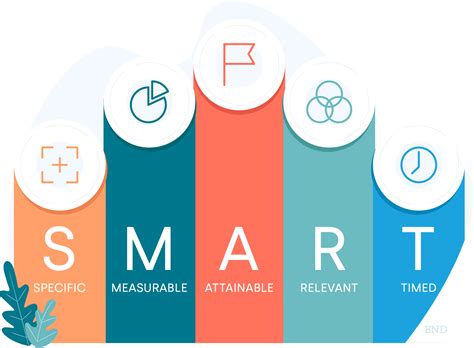Pawning Your Assets: Age Limits and Smart Decisions
Pawning personal assets can be a lifeline during financial emergencies, offering a quick source of cash without the complexities of traditional loans. However, navigating the pawnbroking world requires understanding the rules, regulations, and, importantly, making smart decisions. This article explores the age limits associated with pawning, offers guidance on responsible pawning practices, and helps you determine if it's the right financial choice for you.
What are the Age Limits for Pawning?
The age limit for pawning varies significantly depending on your location. There's no single national or international age limit. In many jurisdictions, the legal age to pawn items mirrors the minimum age for entering into a legally binding contract. This is often 18 years old, but some states or countries may have different regulations. Always check your local laws and regulations before attempting to pawn any items. Pawnbrokers themselves may also have internal policies setting higher age limits, regardless of the legal minimum. It's crucial to contact your local pawn shops directly to confirm their specific age requirements.
Can Minors Pawn Items?
Generally, minors (individuals under the legal age of majority) cannot legally pawn items without parental or guardian consent. Even with consent, the transaction might be subject to specific regulations and scrutiny. The process could involve additional documentation, such as proof of guardianship and possibly even a court order. Attempting to pawn items as a minor without proper authorization could lead to legal complications.
What to Consider Before Pawning Your Assets
Pawning should be viewed as a short-term solution, not a long-term financial strategy. Before heading to a pawn shop, carefully weigh the pros and cons.
Pros of Pawning:
- Quick Cash: Pawning provides fast access to funds, often within the same day.
- No Credit Check: Unlike traditional loans, pawning doesn't require a credit check.
- Ownership Retention: You retain ownership of your item; you can reclaim it by repaying the loan plus interest within the agreed-upon timeframe.
Cons of Pawning:
- High Interest Rates: Pawnbrokers charge high interest rates, making it expensive if you can't repay promptly.
- Loss of Asset: If you fail to repay the loan within the stipulated period, you forfeit ownership of the pawned item.
- Potential for Low Valuation: Pawnbrokers might offer a lower valuation for your item than you'd expect, potentially leading to less cash than you need.
What Happens if You Can't Repay Your Pawn Loan?
Failing to repay your pawn loan by the due date results in the pawnbroker taking ownership of your item. They can then sell it to recoup their loan and interest. While some pawnbrokers might offer extensions under certain circumstances, this is not guaranteed. Always understand the repayment terms and penalties for default before pawning anything.
How to Choose a Reputable Pawnbroker
Selecting a reputable pawnbroker is essential to protect yourself from unfair practices. Look for shops with transparent pricing, clear terms and conditions, and a history of fair dealings. Check online reviews and compare interest rates before making a decision.
Smart Decisions When Pawning
- Research: Understand the market value of your item before you pawn it. Online resources and appraisers can help.
- Shop Around: Compare offers from multiple pawnbrokers to secure the best terms.
- Negotiate: Don't be afraid to negotiate the loan amount and interest rate.
- Understand the Contract: Carefully read and understand the pawn agreement before signing.
Pawning assets can provide a temporary solution to financial difficulties. However, it's crucial to approach the process responsibly, understanding the age restrictions, potential costs, and risks involved. Making informed decisions and choosing a reputable pawnbroker are vital to ensuring a positive outcome. Remember, pawning should be a last resort, and exploring other financial options is always recommended whenever possible.

